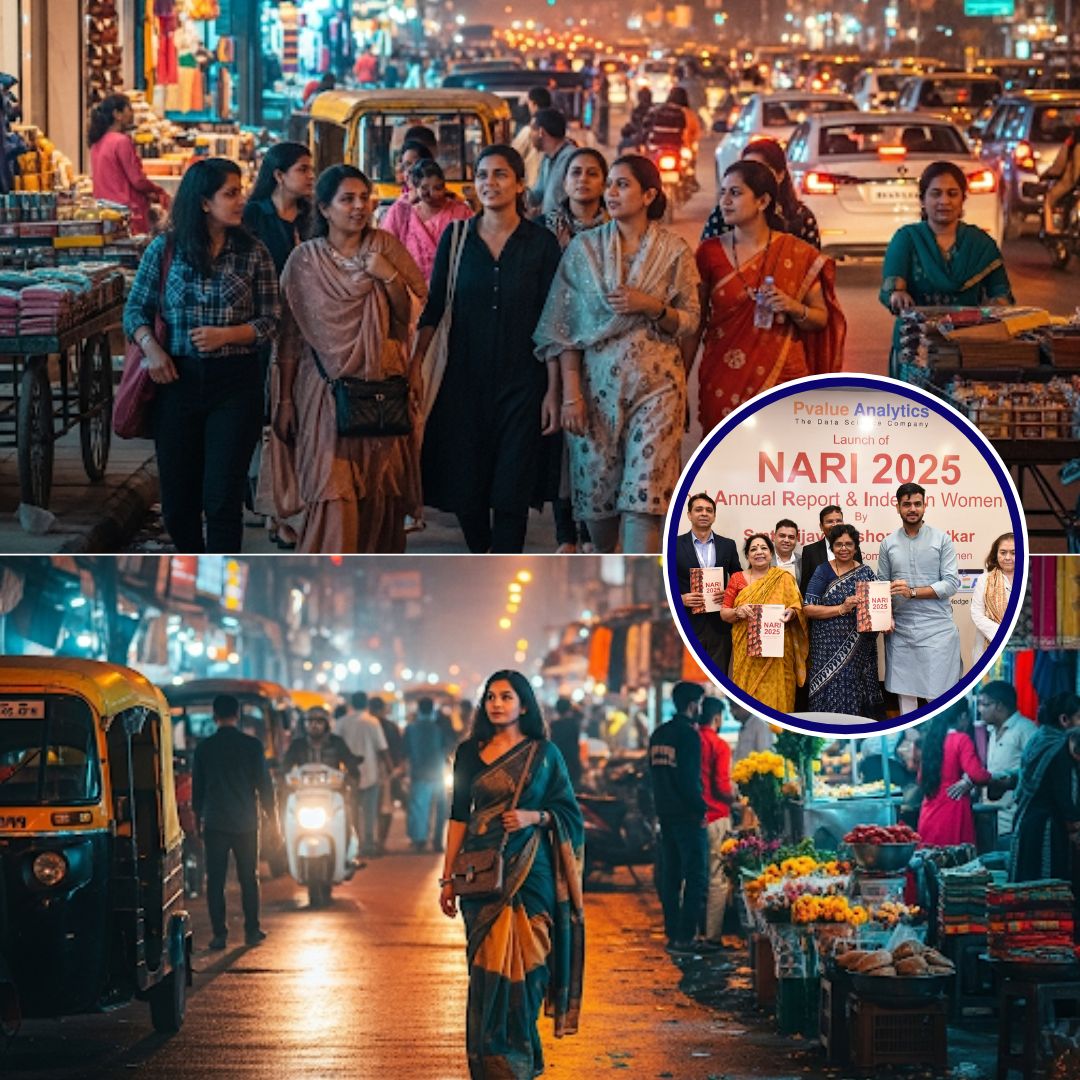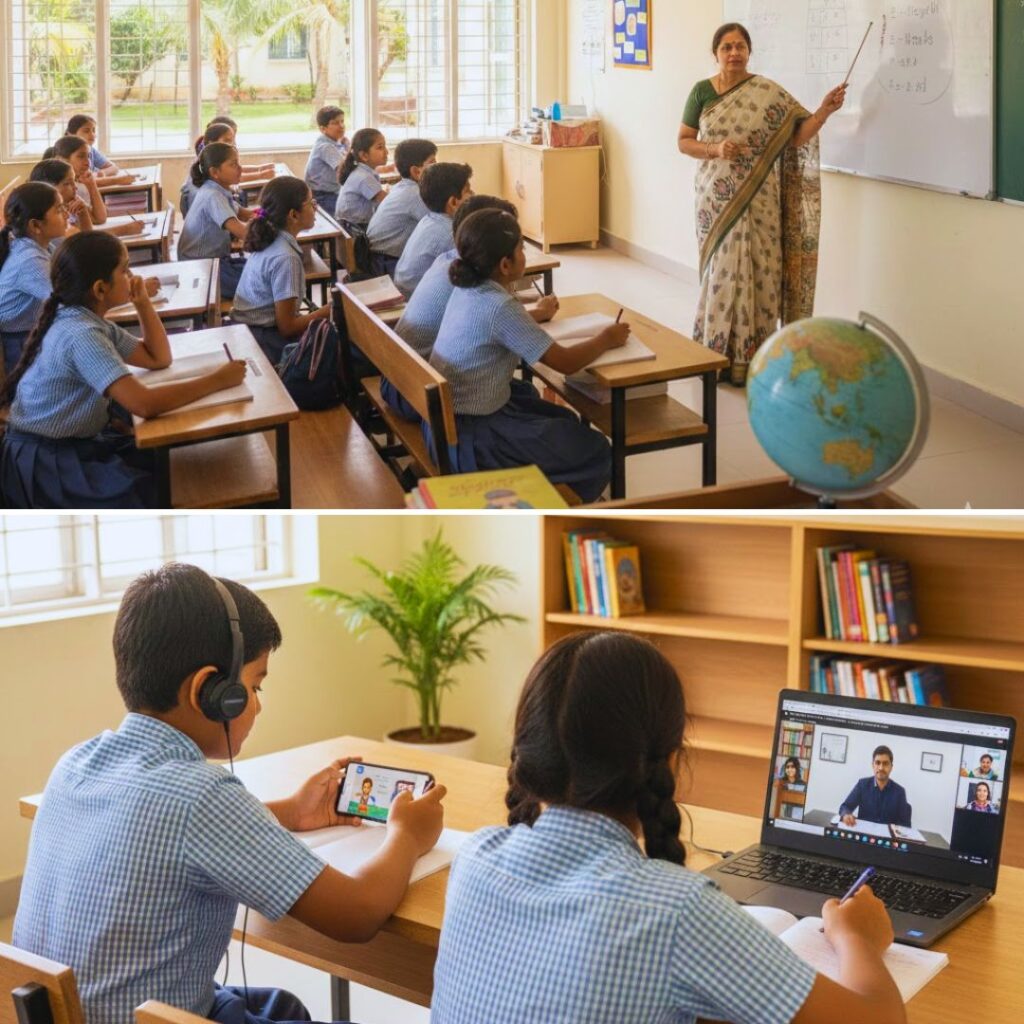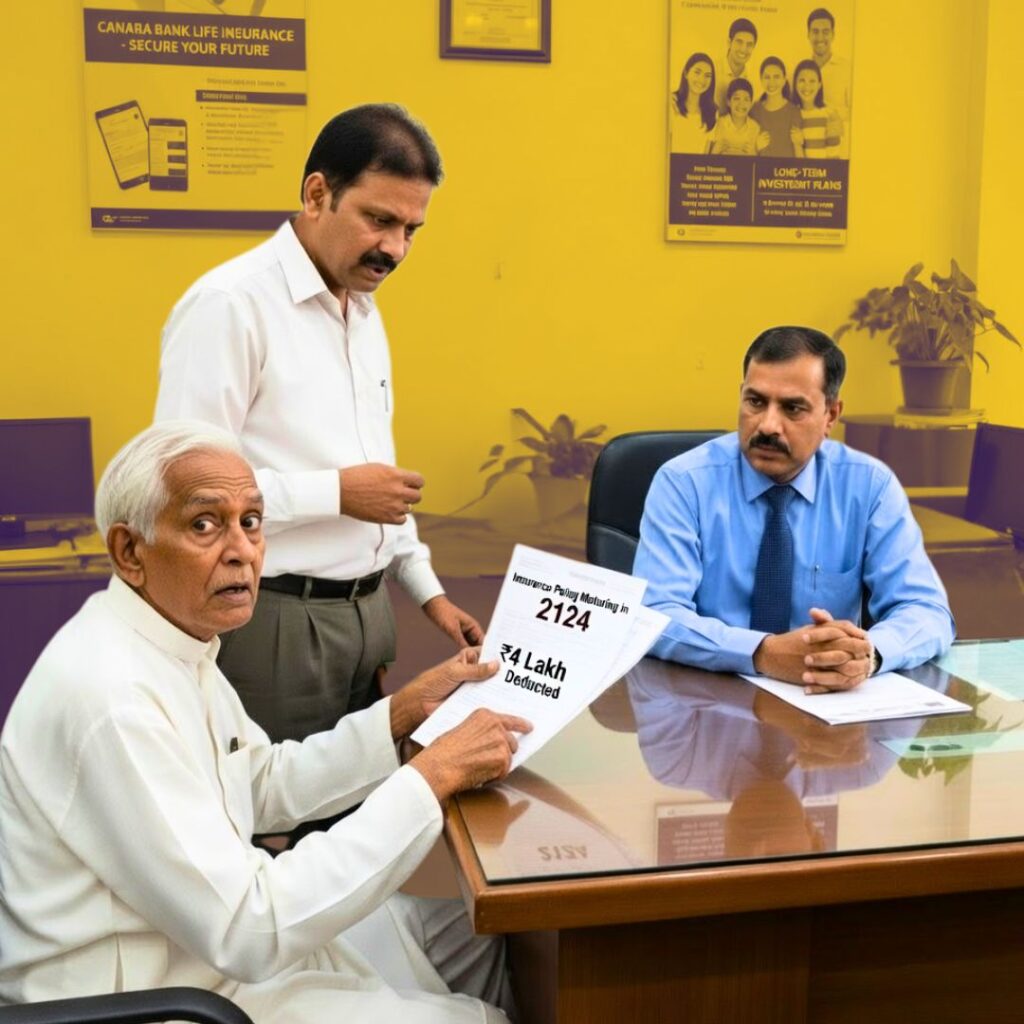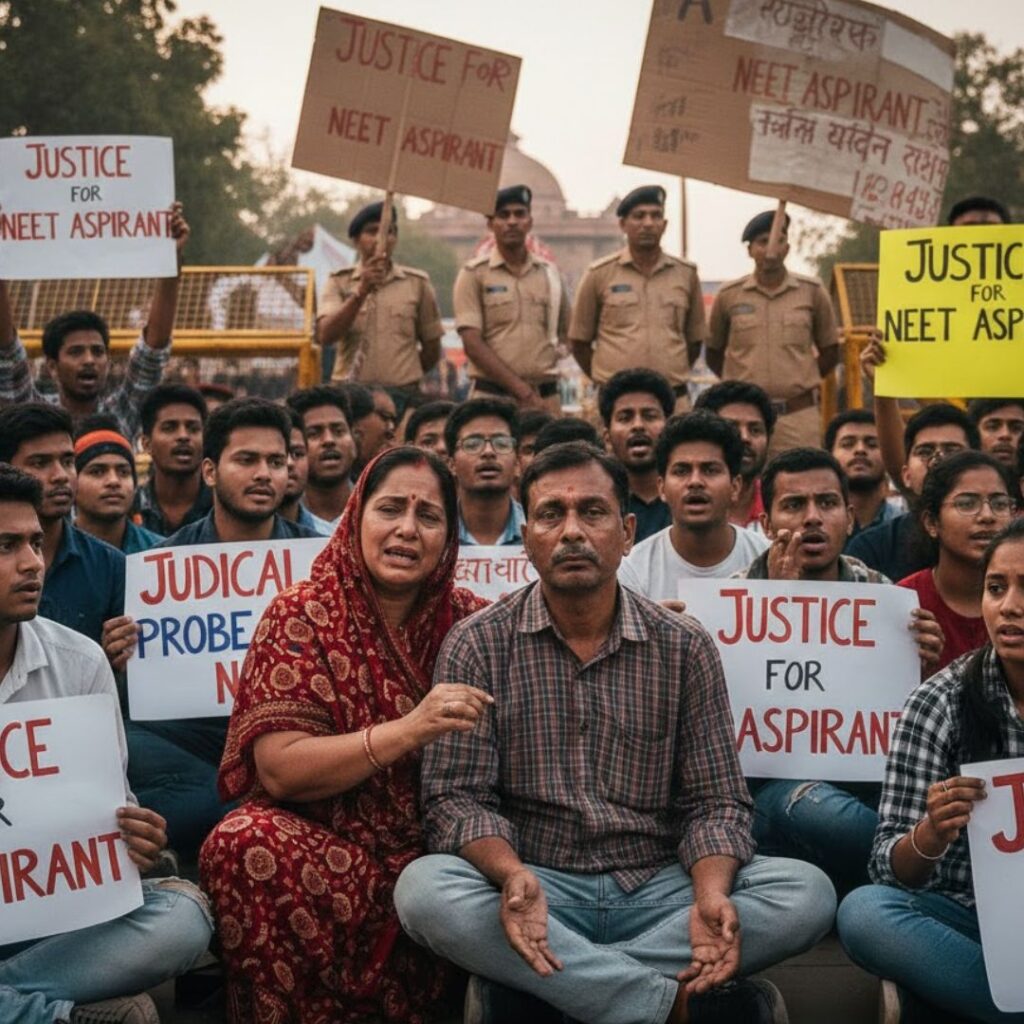The National Annual Report & Index on Women’s Safety (NARI) 2025, released by the National Commission for Women Chairperson Vijaya Kishore Rahatkar, rates Indian cities based on women’s safety. Surveying 12,770 women from 31 cities, the report presents a national safety score of 65%, revealing that 40% of women still feel unsafe in their own cities.
Kohima, Visakhapatnam, Bhubaneswar, Aizawl, Gangtok, Itanagar, and Mumbai rank as the safest, while Patna, Jaipur, Faridabad, Delhi, Kolkata, Srinagar, and Ranchi are the least safe.
Key concerns include safety at night, public transport, and low trust in authorities to act on complaints. Rahatkar emphasises a broader approach to safety, incorporating education, work, health, and freedom of movement, beyond just policing.
Safety Perceptions: Gaps and Realities
Despite six in ten women reporting they feel safe overall, 40% describe feeling “not so safe” or outright unsafe in their cities. The report finds a dramatic drop in women’s feelings of safety after dark, particularly when using public transit or visiting recreational spaces.
Educational institutions fare better, with 86% of women feeling safe during daytime hours on campuses, but confidence evaporates at night or outside these spaces. Harassment rates reach 7% among all women surveyed and climb to 14% among those under 24, illustrating how students and young professionals face disproportionate vulnerability.
Neighborhoods and public transport are identified as common harassment hotspots, yet only a third of victims report incidents officially. The report highlights a stark underreporting crisis, meaning official crime data fails to capture the true extent of women’s lived experiences of fear and harassment.
Institutional Trust and Workplace Safety
The workplace is seen as a relatively safe environment, with 91% of respondents stating they feel secure there. However, awareness of Prevention of Sexual Harassment (POSH) policies remains troublingly low, nearly half of the women surveyed do not know if their organisations have implemented these legal safeguards.
Confidence in authorities is equally weak, with only 25% trusting officials to effectively handle safety complaints. Furthermore, only 22% of reported complaints get formally registered, and a mere 16% lead to action. These figures reveal significant gaps in institutional responsiveness and enforcement, underscoring why fear and mistrust persist despite formal protection mechanisms.
Urban Divide and Broader Social Implications
The report underlines a stark urban divide in women’s safety in India. Cities at the top of the safety index—such as Kohima, Visakhapatnam, Bhubaneswar, and Mumbai, benefit from better policing, civic engagement, infrastructural support, and gender-sensitive governance.
Conversely, cities at the bottom, including Patna, Delhi, and Ranchi, struggle with entrenched patriarchal norms, poor infrastructure, and weak institutional accountability. NCW Chairperson Vijaya Kishore Rahatkar stresses that women’s safety transcends law-and-order concerns. It is a multidimensional issue linked deeply to women’s rights to education, health, employment opportunities, and free movement.
The report advocates for integrating perception-based surveys with official crime data to provide a holistic picture and calls for coordinated action by governments, civil society, and communities.
The Logical Indian’s Perspective
The NARI 2025 report exposes the persistent gap between policy intent and women’s everyday realities. While progress toward safer urban spaces is vital, numbers alone do not guarantee true security.
The Logical Indian highlights the urgency of fostering social environments rooted in empathy, dialogue, and collective responsibility. Safety must be a lived experience, ensured by dismantling patriarchal structures, improving infrastructure, and restoring trust between women and institutions.
NARI report principally Investigated by Prof (Dr.) Manjula Batra ( Former Dean Faculty of Law, Jamia Milia Islamia) and me was launched by Hon’ble Chairman @NCWIndia Smt. Vijaya K. Rahatkar at IIC, New Delhi today. #WomenSafety #NARI pic.twitter.com/BhYX6ObB4n
— Karan Kataria (@karanatLSE) August 28, 2025













